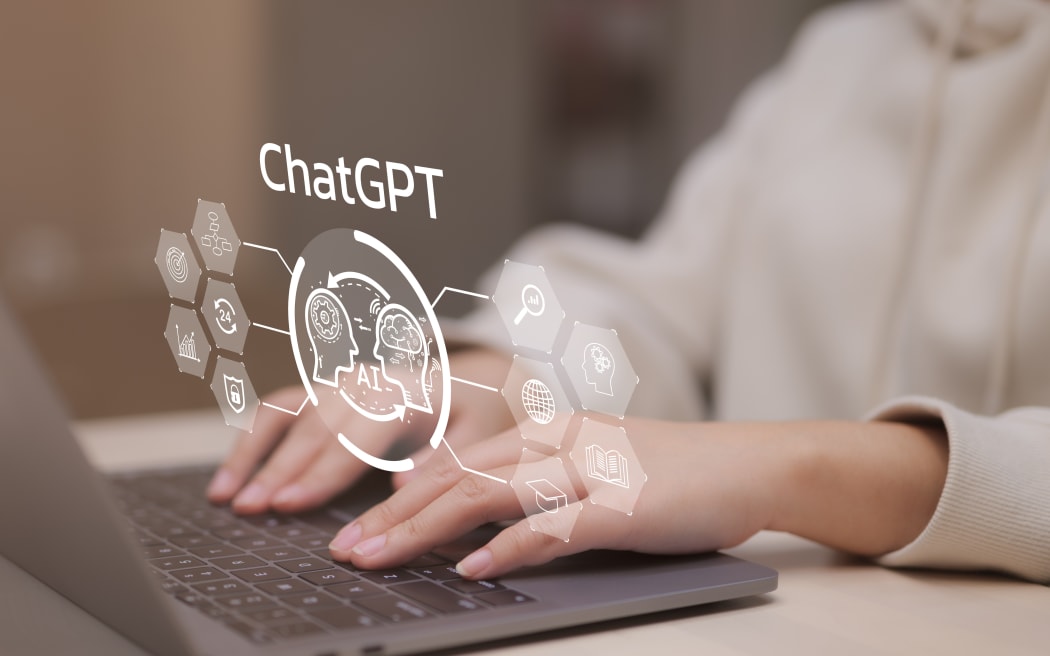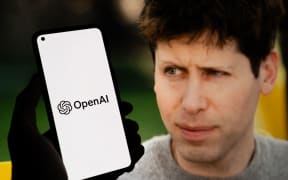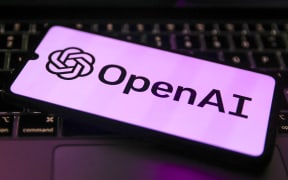
Photo: 123RF
By Sam Becker for the BBC
Humans already work alongside robots in industries such as manufacturing. Now, for knowledge workers, the threat of AI replacement is coming faster than they imagined.
In early 2023, OpenAI's ChatGPT ushered in a new era - one in which artificial intelligence went from a pipe dream to a very real, contentious issue for workers.
The stakes are high: an April report from Goldman Sachs estimates ChatGPT, and other similar generative AI tools, could increase global GDP by as much as 7 percent, while replacing 300 million full time workers.
Many workers may have believed that burger-flipping robots in fast food restaurants, or advanced fabrication machines in factories, would represent the first wave of AI-related job losses.
A threat to creative positions
Yet the light-speed adoption and evolution of generative AI tools may now mean knowledge-work jobs that were long considered "safe" could be threatened even faster than workers anticipated. That includes creative positions that many presumed would be hard to automate, in fields like marketing, music production and graphic design.
Accordingly, researchers have found that the "exposure curve is upward-sloping", said Mark Muro, a senior fellow at The Brookings Institution, who focuses on the interplay of technology, people and places. This means people in what may have traditionally been thought of as higher-echelon, professional positions are the workers most at threat of replacement by AI.
That's because generative AI tools and technologies can - or will soon be better able - to do all many things that have, in years past, been left to highly skilled humans: think tasks such as putting together marketing plans, search strategies and much more.
Part of this is new technology hitting the market. Robots that act like AI colleagues are on the way - and in some cases, they're already here. While there is reason to think that AI may be a boon to workers, there are reasons that many people working in knowledge-work positions should be looking over their shoulders.
Artisan AI
In early December, Artisan AI - a San Francisco-based startup, founded by 22-year-old Jaspar Carmichael-Jack, who is from the UK - will unveil its first "Artisan", an AI-powered digital worker. It is designed to integrate with human teams, and for all practical purposes, become a member of those groups.
While Artisan AI plans to have several "Artisans" hit the market throughout the next year, the first, "Ava", will automate the job of a sales representative, marking a significant improvement over chatbots and similar AI tools already on the market.
"After a 15-minute conversation with Ava, it'll have the ability to build a knowledge base, and with that information, create prospects," said Carmichael-Jack. "It's like having sales software, but it comes with a manager or account executive built-in - she can make suggestions, edit campaigns, join meetings and take notes," he said.
Carmichael-Jack said Artisans can function autonomously, in the background, with little or no input. As such, Artisans, added to an organisation's team, could and should help boost productivity significantly. The technology is already attracting the attention of investors; Artisan AI has raised more than two million USD in pre-seed money within two weeks, according to Carmichael-Jack.
"Our goal is to have digital workers who can do anything a human can do, like join a meeting or have a phone call," he said. "The goal is to have Artisans working alongside humans directly and have cohesion, and we want the boring work to be shifted on the Artisan, which doesn't have feelings about whether something is boring or difficult."
Playing catch-up to the threat of AI
The looming threat of AI to knowledge workers may feel new, but the foundation for the threat has been building for some time. Yet policymakers and others are playing catch-up in grappling with the potential economic effects. US President Biden, for instance, issued an executive order in October, putting in place guardrails for AI's continued use and development that future-proof American jobs.
Although much AI technology is already shaking up the workforce as we know it, "we're still at the beginning" when it comes to AI integration into the workplace, said Erik Brynjolfsson, a Stanford University professor and Director of the Stanford Digital Economy Lab. "I'm more of the belief that we ain't seen nothing yet - this is just the first wave" of AI integration into the economy.
He said AI adoption will make its way through more of the economy, and as that happens, it should increase output, productivity and revenues for businesses.
Human toll from AI growth
The question, however, is what the human toll of that growth will be, particularly in terms of job losses.
Brynjolfsson said that "the typical company has 15,000 to 20,000 distinct tasks carried out by employees, and software can run through and see where the biggest opportunity for automation lies".
If some of those tasks can be automated or streamlined with AI or other technology, he said, there's no reason not to lean into those technologies, especially if there's a potential for cost-cutting.
Given the immediate potential benefits to businesses, knowledge workers likely should carry some degree of concern regarding their jobs.
"All things being equal, this is a white-collar issue," said The Brooking Institution's Muro. That's why paying attention to what Artisan AI is bringing to the market in the coming months is so important for workers - especially those who spend their time doing knowledge or creative work.
"Part of the intense interest and concern is that this isn't somebody else's problem now, it's an issue for the white-collar office worker who is firmly in the middle class," he said. "All of this is surrounded by tremendous uncertainty in part because the technology is somewhat mysterious and a black box, so we don't know exactly how this is going to play out. Physical automation was a lot more predictable. This is less predictable."
Whether the white-collar workforce is diminished by AI technologies will, ultimately, be a societal choice. Workers will need to have a say in how AI is introduced and used in particular industries - and hopefully, that can lead to better outcomes for everyone, he said.
One example of this is the deal between the Screen Actors Guild (SAG-AFTRA) and Hollywood studios that outlines limits for the use of AI in film and television production. The question is whether other industries will codify similar stipulations to preserve their workers' livelihoods.
Even Carmichael-Jack agrees that there will need to be some sort of plan or oversight for how AI continues to be rolled out into new industries. "We will need regulation," he said, even if it does make growing Artisan AI, in the immediate term, more challenging. "We are inevitably going to get to a point where AI makes much of human work redundant, and that'll be a painful period."
* This article was first published on the BBC.






